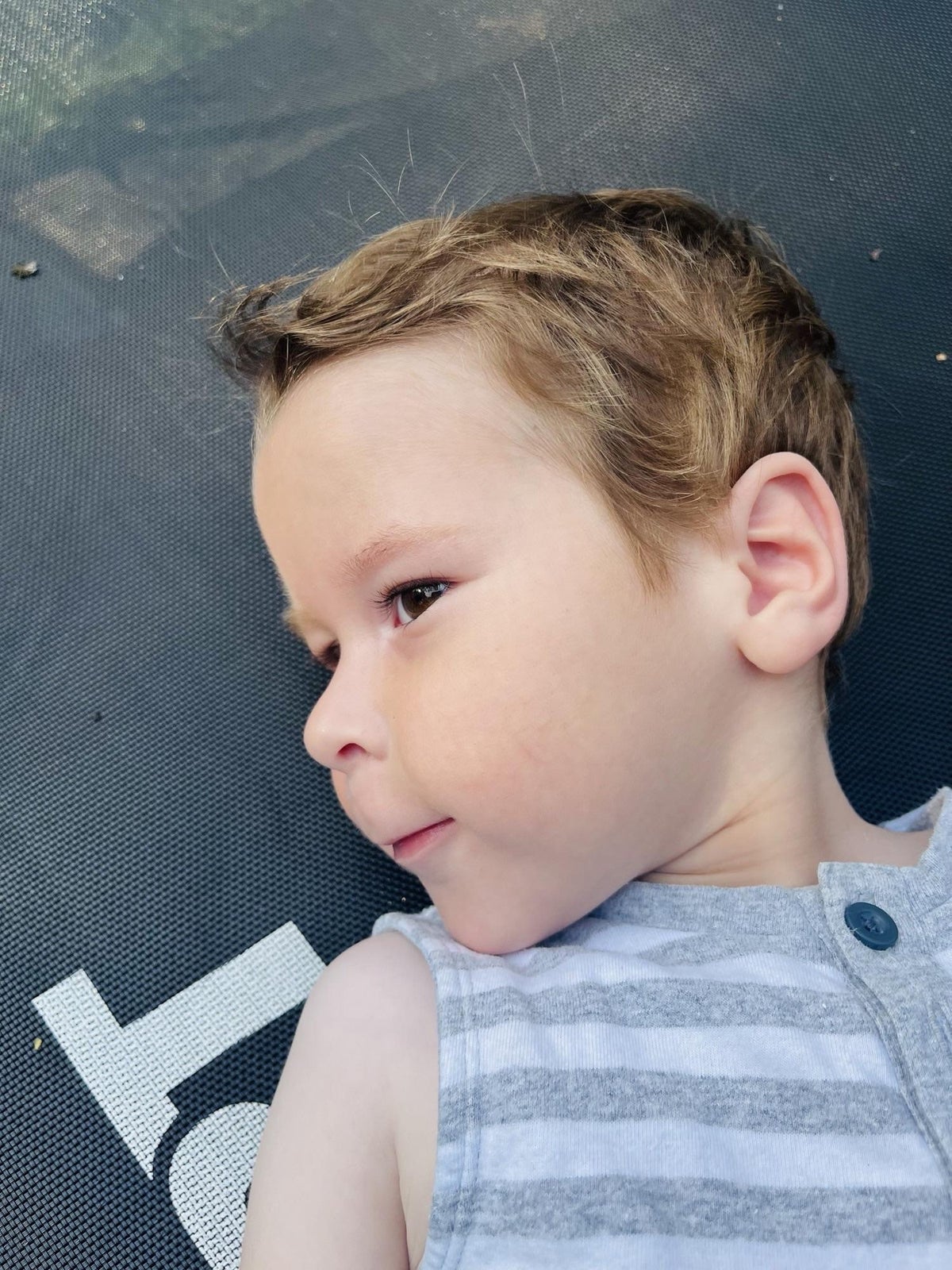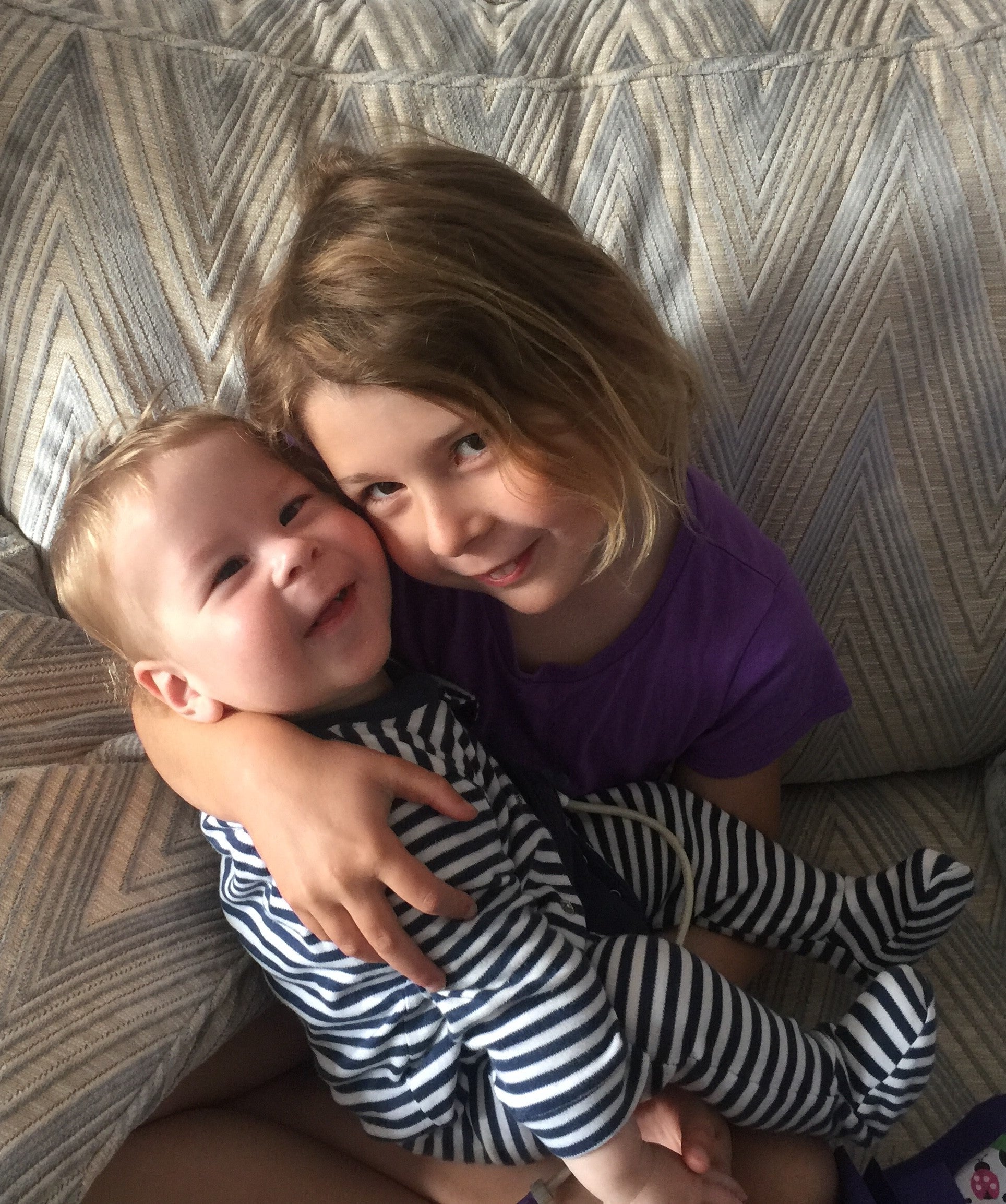
Hospital authorities in Wales have been accused of attempting to cover up failings in the delivery of a baby born with significant brain damage.
Gethin Channon, who was born on 25 March 2019 at Singleton Hospital, in Swansea, suffers from quadriplegic cerebral palsy, a severe disability that requires 24/7 care.
There were complications during his birth, due to him being in an abnormal position that prevented normal delivery, and he was eventually born via Caesarean section.
An independent review commissioned by Swansea Bay University Health Board (SBUHB), which manages Singleton Hospital, found “several adverse features” surrounding Gethin’s delivery that were omitted from or “inaccurately specified” in the hospital’s internal report.
The investigation, carried out by obstetrician, Dr Bill Kirkup, said SBUHB “significantly” downplayed the “suboptimal” care received by Gethin and his mother, Sian, and erroneously attributed his condition to a blocked windpipe.
It also suggests that amendments were retrospectively made to examination notes taken by staff during the course of Mrs Channon’s labour.
Following the conclusion of the review, SBUHB appears to have questioned the credentials of Dr Kirkup, who is currently chairing the East Kent maternity review and received a CBE in 2008 for his work.
The family said that SBUHB, which was flagged by national inspectors in the months after Gethin’s birth due to “concerns” over its ability to deliver “safe and effective” maternal care, had “covered up” the failings in their case.
SBUHB said it has been “working tirelessly” with the family to investigate and address their concerns, and said it would be inappropriate to comment on specific allegations as the process was ongoing.
Dr Kirkup was initially instructed by the health board to investigate complaints made by the Channon family over the quality of nursing support they received to help care for Gethin after his birth.
However, as part of his investigation, he identified various alleged abnormalities during Mrs Channon’s labour that he said were not viewed as “material” by staff because an umbilical cord blood sample taken following Gethin’s birth, which helps to evaluate a newborn’s health, returned results “within normal limits”.
Dr Kirkup wrote: “Not only does this significantly play down the importance of the suboptimal care in labour and potential for learning and improvement, it is methodologically unsound to rely on a single result that stood in sole contradiction to an otherwise coherent clinical picture.”
In five separate examinations, one of which was carried out the day before the delivery, it was “described or suspected” by staff that Gethin was stuck in a position incompatible with normal birth, the review found.

An examination of Gethin’s mother at 8.30am on the day of his birth had indicated that he was in an abnormal position – which should have led to an immediate C-section – but this detail was “inexplicably omitted” from the hospital’s internal report, Dr Kirkup said.
The C-section was not carried out until more than four hours later – and only came after repeated attempts, described as “hazardous” and “futile”, to manually rotate Gethin.
Scans of Gethin’s heartbeat prior to birth should also have alerted staff to the gravity of the situation, the report suggested.
“… there was a progressive rise in baseline heart rate later, suggesting deterioration in the baby’s condition,” it found.
Amendments also appear to have been made to one examination note to present a clinical picture that wrongly indicated Gethin was progressing down the birth canal safely, Dr Kirkup’s review suggested.
“It was seemingly an attempt to hide that they should have seen the problem and acted upon it,” Robert Channon, Gethin’s father, said.
An SBUHB review “found no evidence to support the allegation that the records had been altered.”
Dr Kirkup concluded “there were opportunities to recognise a deteriorating situation much earlier,” and criticised the hospital for overemphasising the results of Gethin’s umbilical cord blood test and instead attributing his poor outcome to a windpipe blockage.
“… it is impossible for a tracheal mucus plug to account for the documented extremely poor condition of a baby immediately after delivery that had yet to take his first breath,” he wrote.
After receiving an early draft copy of Dr Kirkup’s review, the health board appears to have challenged his qualifications.
In a letter sent to SBUHB, Dr Kirkup wrote: “If you reread the sentence in your letter where you ask for my qualifications and experience as an obstetrician, you will see a perfect microcosm of an organisation responding in a closed and unconstructive manner.”
In correspondence with the Channon family, SBUHB said Dr Kirkup had been “asked to confirm if he has qualified and worked as a Consultant Obstetrician, and if so when he last practised,” to ensure he had the required level of expertise to reach the findings of the review.

When the Kirkup report was released to the family, SBUHB indicated that it would commission a second independent investigation.
However, due to disagreements between the family and SBUHB over who would oversee the second review, the investigation was later cancelled by the health board.
An internal investigation conducted into Mrs Channon’s maternity care was commissioned by SBUHB, but has been repeatedly delayed in delivering its findings.
Mrs Channon questioned whether other families have suffered as a result of improper maternity care at Singleton Hospital. “If they refuse to acknowledge what had gone wrong and what they could have fixed, how many other children have been affected in the last three and a half years by the same procedures?”
An inspection of Singleton Hospital maternity services conducted between 24 and 26 June 2019, just months after Gethin’s birth, identified “concern relating to the ability of staff to deliver care in a safe and effective way”, with staff “often working long hours, over and above normal shifts to help cover shortages”.
SBUHB said its maternity services had been independently assessed this year and that the “initial feedback has been positive, confirming the services are operating to the required national standards, and providing safe care”.
Addressing the Channons’ allegations, it said: “The Health Board has been working tirelessly with the family to investigate and to address their concerns over many months with regular correspondence and discussions. The Health Board remains committed to completing its investigations in a thorough, open and frank manner.”







